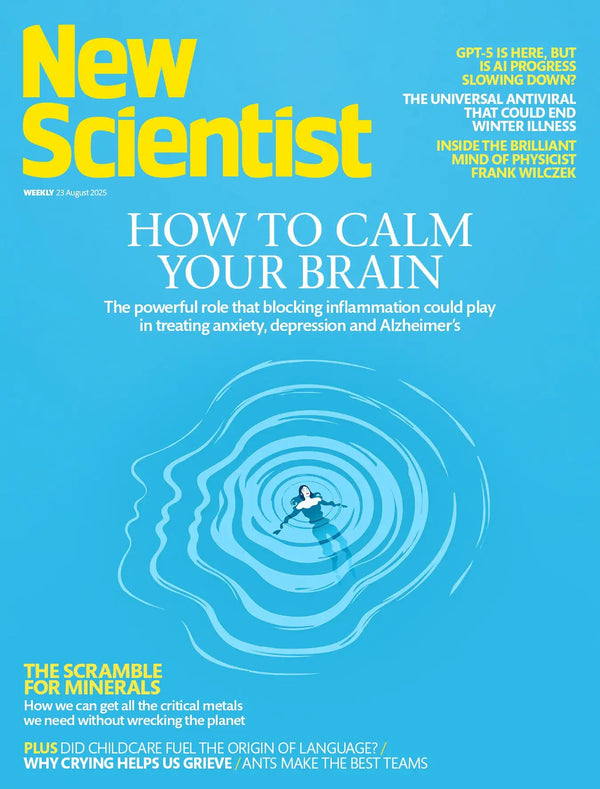Autumn clock change linked to reduction in certain health conditions
The week after the autumn clock change is associated with a reduction in demand for NHS services for sleep disorders, cardiovascular disease, anxiety, depression, and psychiatric conditions in England, research led by the University of Bristol has found. The study is published in the Christmas issue of The BMJ today [17 December].


